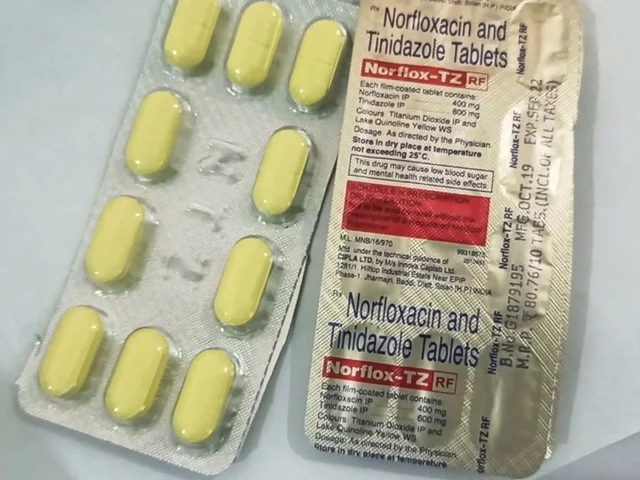Alfacalcidol — active vitamin D explained simply
If you've heard the name alfacalcidol and wondered what it actually does, you're not alone. This is a form of vitamin D used when the body can't make enough active vitamin D on its own. Doctors often prescribe it for bone problems and low calcium that don’t respond to plain vitamin D pills.
How alfacalcidol works
Alfacalcidol is converted in the liver into calcitriol, the hormone form of vitamin D. That means it helps your gut absorb calcium and phosphate and helps bones keep their strength. Because it skips the kidney step that regular vitamin D needs, people with poor kidney function often use alfacalcidol when standard vitamin D won’t work.
Common uses include treating osteomalacia, certain types of rickets, hypoparathyroidism (low parathyroid hormone), and some cases of osteoporosis. It’s also used in patients with chronic kidney disease to manage mineral and bone disorders.
Dosing and what to watch for
Doses are small and measured in micrograms. Typical starting ranges are often 0.25–1.0 micrograms per day, but your doctor will pick the exact dose based on blood tests, weight, and your condition. Some people take it every day; others take it on alternate days. Never change the dose without checking with a clinician.
Because alfacalcidol raises blood calcium, you should have regular checks of serum calcium and kidney function. Watch for symptoms of high calcium: nausea, constipation, frequent urination, muscle weakness, or confusion. If you notice these, call your healthcare provider.
Interactions matter. Thiazide diuretics can increase the risk of high calcium when taken with alfacalcidol. High-dose calcium supplements and some antacids can also raise calcium levels. Tell your doctor about all medicines and supplements you take.
People with existing high calcium levels or certain cancers that raise calcium usually shouldn’t take alfacalcidol. Pregnant or breastfeeding women should discuss risks and benefits with their doctor first.
Formulations vary by country. You might find tablets or drops. Follow the pharmacy label and keep doses consistent. If you miss one, don’t double up the next day unless your prescriber tells you to.
Practical tip: bring a list of recent blood test results to your appointments. That makes dose adjustments faster and safer. If you have kidney disease, your nephrologist will often manage the treatment together with your primary doctor.
Alfacalcidol isn’t a quick fix. Bone improvements and stabilized calcium levels take weeks to months. Stick with follow-up blood tests and report symptoms early. If you’re unsure whether alfacalcidol is right for you, ask for a simple explanation from your prescriber — it should match your test numbers and health goals.





